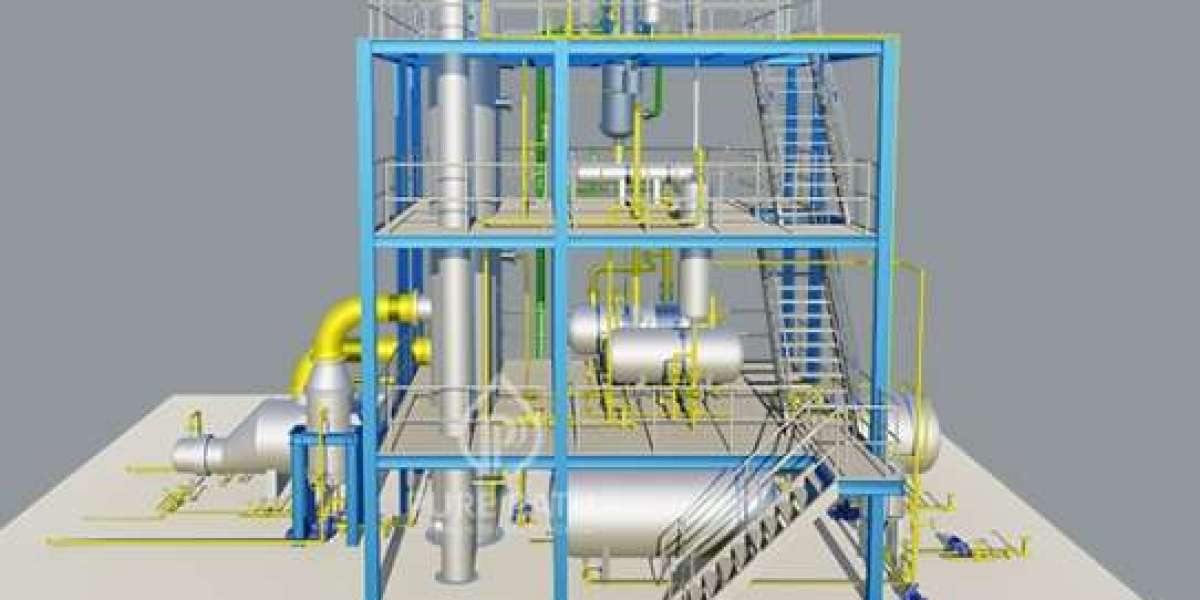1. Advanced Filtration and Purification
The cornerstone of successful waste oil recycling is the ability to remove contaminants effectively. New filtration technologies, such as nanofiltration and membrane separation, are capable of capturing even the smallest impurities, resulting in higher-quality base oils. Additionally, advanced purification processes, including solvent extraction and distillation, are being refined to enhance the overall efficiency of the recycling process.
2. Catalytic Hydroprocessing
Catalytic hydroprocessing is a powerful tool for upgrading waste oil into high-quality base oils. By using catalysts and hydrogen, this process can remove sulfur, nitrogen, and oxygen compounds, as well as improve the viscosity and color of the oil. This technology is essential for producing base oils that meet stringent industry standards.
3. Solvent Extraction
Solvent extraction is a chemical process used to separate components from a mixture. In waste oil recycling, it is employed to remove impurities and recover valuable hydrocarbons. By carefully selecting solvents and optimizing process conditions, recyclers can achieve higher yields of base oil and reduce environmental impact.
4. Artificial Intelligence and Machine Learning
AI and ML are revolutionizing various industries, and waste oil recycling is no exception. These technologies can be used to optimize the recycling process, predict equipment failures, and improve overall efficiency. For example, AI algorithms can analyze data from sensors to monitor oil quality, identify contamination issues, and adjust process parameters accordingly.
5. Circular Economy Integration
The future of waste oil recycling lies in a circular economy approach. This means integrating waste oil recycling into broader sustainability initiatives. Technologies that enable the recovery of additional valuable materials, such as metals and plastics, from waste oil are gaining traction. By maximizing resource utilization, recyclers can create more sustainable and profitable business models.
The Road Ahead
The rapid development of these technologies is transforming the waste oil recycling industry. By investing in research and development, companies can improve the quality of recycled base oils, reduce costs, and minimize environmental impact. As the world becomes increasingly focused on sustainability, waste oil recycling will play a crucial role in building a circular economy.
What are your thoughts on the future of waste oil recycling? Are there any specific technologies you'd like to explore in more detail?








